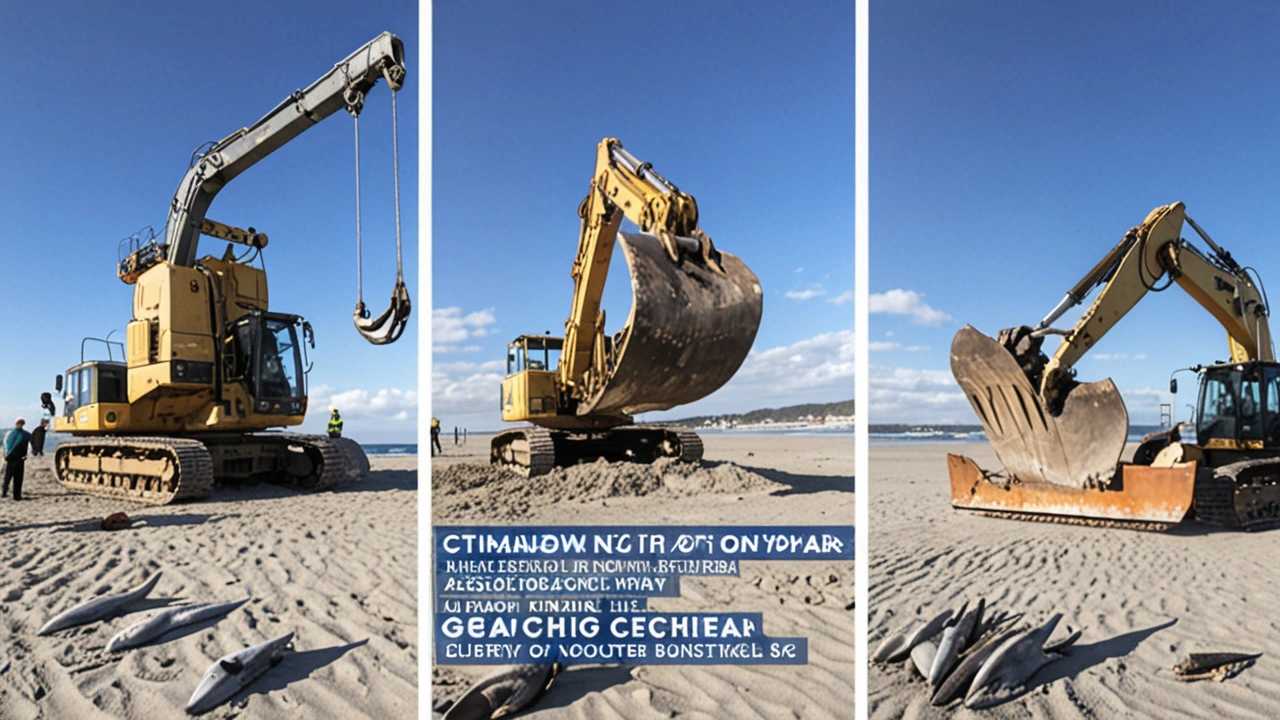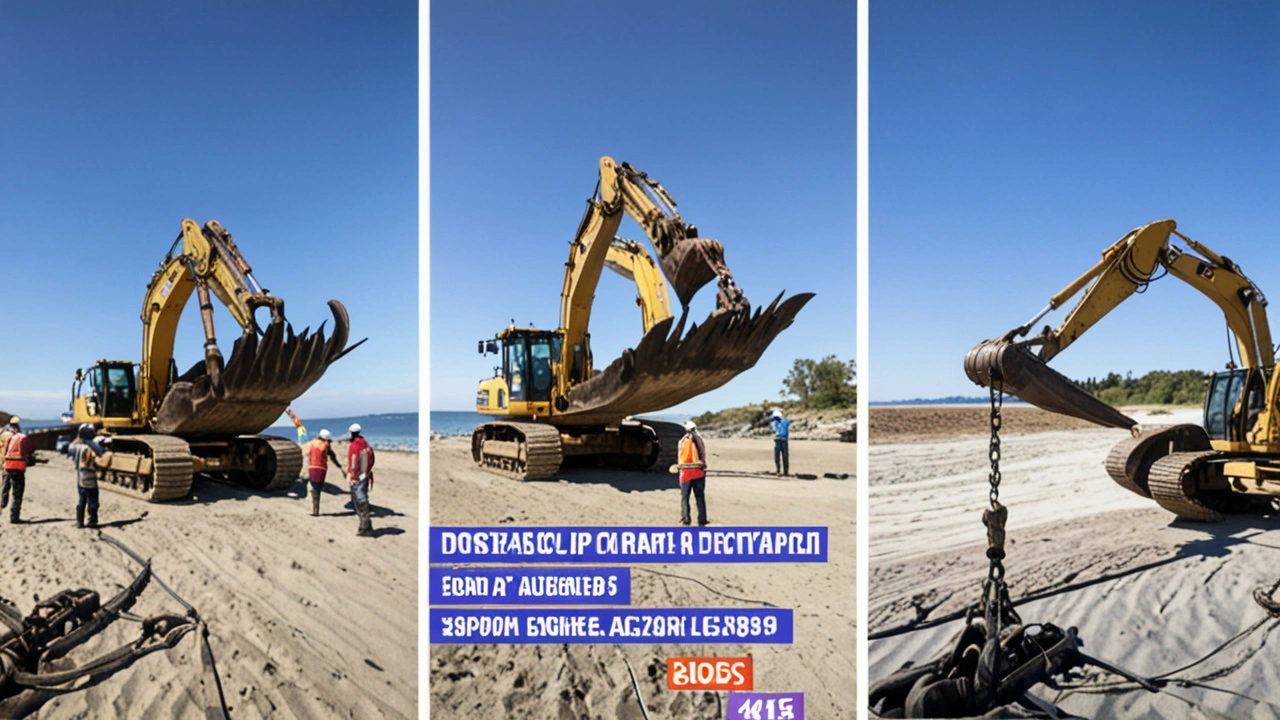Rare Spade-Toothed Whale Discovered on New Zealand Beach Sparks Scientific and Cultural Interest

Unexpected Discovery of a Rare Spade-Toothed Whale
In a remarkable find, researchers and conservationists in New Zealand have come across the body of a spade-toothed whale on the South Island’s Taiari River's mouth. Stumbling upon this elusive creature offers a rare opportunity to delve into the life of a species so seldom encountered that no one has ever seen it alive. The discovery, made on July 4, 2024, marks the seventh recorded instance of uncovering a spade-toothed whale since the species was first hinted at in 1872.
The spade-toothed whale holds an almost mythical status within the marine biology community. Despite its elusive nature, all evidence points to a creature adapted for deep-sea living, far from the reach of human observers. The unique physiology of the whale, particularly its mouth and teeth structure, suggests that it dives into the dark depths of the ocean to source its sustenance, which is why the species is rarely spotted in shallower waters.

Historical Context and Scientific Breakthroughs
The spade-toothed whale first came into scientific light in 1872 when bones believed to belong to the species were discovered on New Zealand’s Pitt Island. However, it wasn’t until 2002, thanks to advances in DNA sequencing, that researchers could conclusively identify these bones as belonging to the same unique species of beaked whales. This revelation spurred interest and excitement within the scientific community but also highlighted just how little we understand about these deep-sea dwellers.
While the whale’s physiology partially explains the rarity of human encounters, the cultural significance of this recent find cannot be overstated. The Māori, the Indigenous people of New Zealand, regard the spade-toothed whale as a taonga, or sacred treasure. This reverence is not just symbolic; recent changes to local treaties have even granted whales the status of 'legal persons,' a protective measure aimed at conserving the majestic marine beings that hold so much significance to Māori heritage and traditions.
A Collaborative Study with Cultural Reverence
The discovery of the spade-toothed whale body has prompted a unique collaboration between marine biologists and the local Māori iwi. Every step, from examining the whale to deciding what to do with its remains, will be undertaken in consultation with Māori elders and community leaders. This partnership aims to respect the cultural importance of the whale while also extracting valuable scientific data that could offer new insights into this mysterious species.
Hannah Hendriks, a marine technical adviser for the Department of Conservation, emphasized the transformative potential of this find. 'The recovery of this spade-toothed whale could spark amazing science and yield world-first information,' she noted, underlining the critical balance between scientific inquiry and cultural respect. The insights gleamed from this specific whale could shed light on broader ecological and evolutionary questions, making this discovery a pivotal moment in marine biology.

The Future of Spade-Toothed Whale Research
Understanding more about the spade-toothed whale is crucial for both marine biology and conservation efforts. Being able to study the physical remains offers a rare chance to analyze its anatomy, likely revealing new information about its deep-sea habitat, dietary preferences, and behavioral patterns. Scientists are particularly interested in how these whales have evolved to adapt to one of the most challenging environments on Earth—the deep ocean.
The collaboration with the Māori iwi will ensure that any research conducted will proceed with the utmost respect and consideration for cultural practices. This respectful approach could set a precedent for future interactions between scientific endeavors and indigenous communities, promoting a more inclusive form of research that honors traditional knowledge and values.
Conclusion: A Symbiotic Approach to Conservation and Science
The discovery of the spade-toothed whale on the coast of New Zealand is more than just a scientific breakthrough; it is a testament to the potential for collaborative efforts between scientists and indigenous communities. Harnessing immense cultural and scientific value, this unique situation could pave the way for more holistic and respectful methods of studying and conserving rare species.
As the research unfolds, the world watches with bated breath, eager to learn what secrets this elusive whale might unearth. For the scientists, this is a groundbreaking opportunity to answer long-standing questions. For the Māori, it's a moment of deep cultural significance, reinforcing their profound connection to nature. Together, they embark on an endeavor that bridges tradition and modern science, promising discoveries that could benefit both domains in unexpected and extraordinary ways.